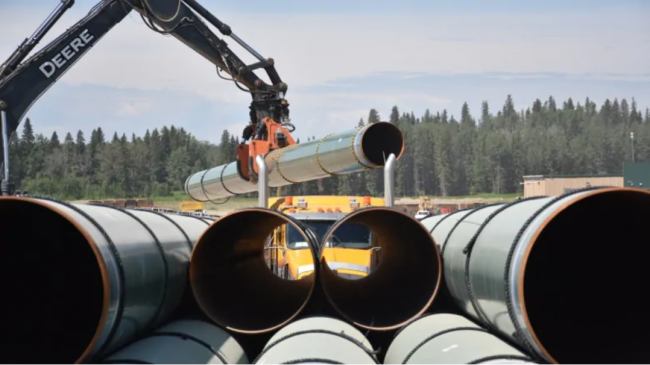Articles Menu

May 10, 2022
The Alberta Court of Appeal says the federal government's environmental impact law is unconstitutional.
The Alberta government, calling it a Trojan Horse, had challenged the Impact Assessment Act over what the province argued was its overreach into provincial powers.
Alberta had argued the law could use those concerns to greatly expand the range of federal oversight into areas of provincial jurisdiction.
A majority of five justices giving their legal opinion in the 204-page document released Tuesday sided with Alberta, calling it a "breathtaking pre-emption of provincial authority."
All five justices agreed the threat of climate change must be addressed, but the majority opinion said the environment is not the sole jurisdiction of the federal government, so it doesn't have unilateral power to regulate it.
"Intra-provincial activities are not immune from federal government regulation, providing that regulation remains within the constitutional dividing lines," Chief Justice Catherine Fraser wrote in the opinion released Tuesday.
It adds that legitimate concerns about the environment and climate change should not override the division of power.
"If the federal government believes otherwise, it should make the case for an increase in its jurisdiction to the Canadian public."
A fourth judge signed off on that opinion with the exception of one section.
In a dissenting opinion, Justice Sheila Greckol said the federal environmental impact law is a valid exercise of constitutional authority.
"The federal environmental assessment regime ... prohibits projects ... that may have effects in federal jurisdiction — on fish and fish habitat, aquatic species, migratory birds, on federal lands or federally funded projects, between provinces, outside Canada and with respect to Indigenous peoples," she wrote.
"The complexities and the urgency of the climate crisis call for co-operative interlocking (of) environmental protection regimes among multiple jurisdictions."
Now is not the time to "give credence to any kind of 'Trojan Horse' metaphor advanced by Alberta and Saskatchewan," Greckol wrote. "Likening Canada to a foreign invading army deceptively breaching our protective walls, only fuels suspicion and pits one level of government against each other."
There were 17 interveners in the case.
Alberta was supported in its challenge by the governments of Saskatchewan and Ontario, as well as three First Nations and the Indian Resource Council.
Seven of the interveners, including a wide array of environmental and legal groups as well as other First Nations, were in support of Ottawa.
With files from Elise von Scheel
[Top photo: A picker unloads pipe from a truck and stacks it in a Trans Mountain yard in Edson, Alta. (Terry Reith/CBC)]